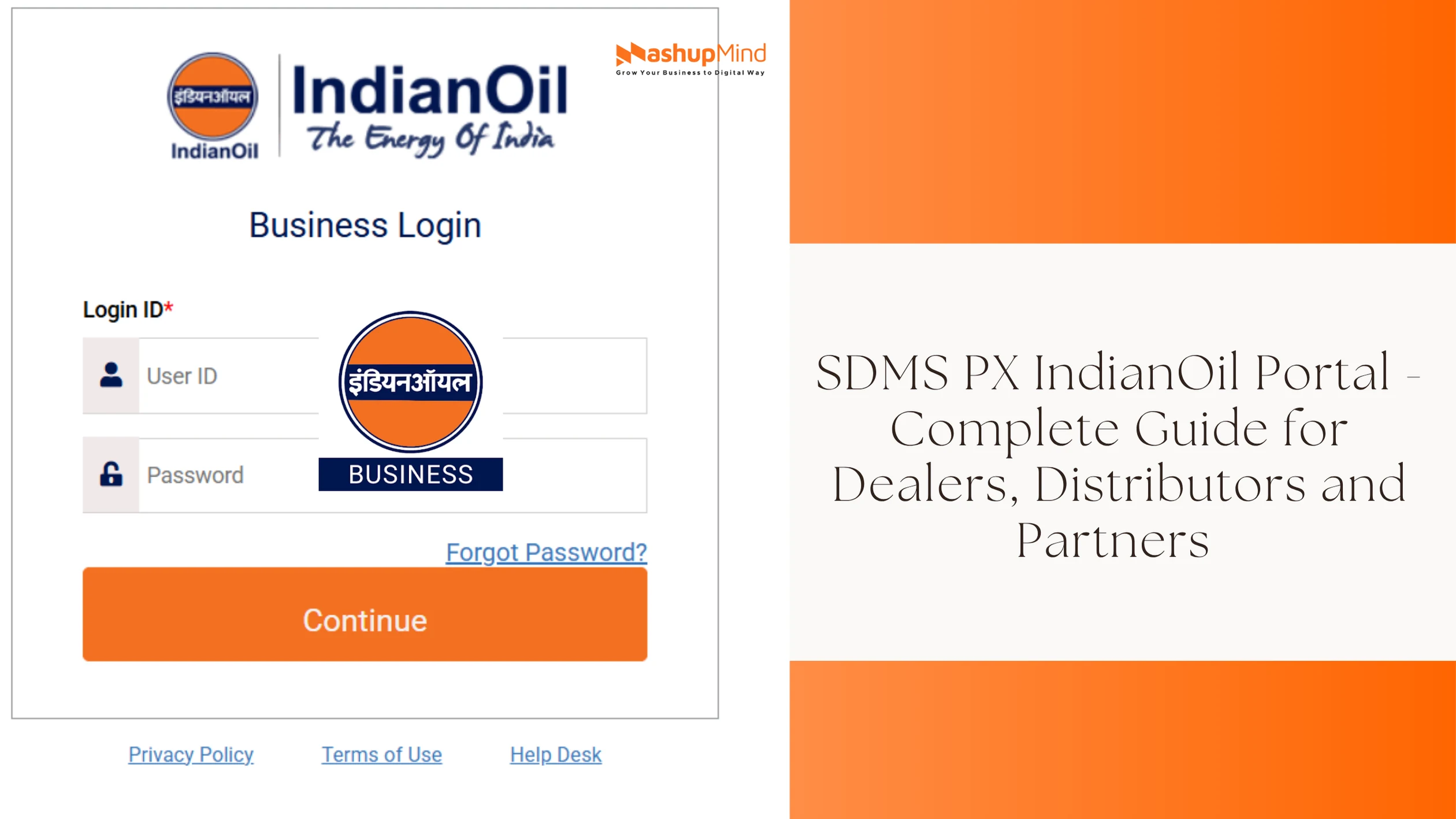Small businesses often thrive on commitment, loyalty, and hard work. When employees feel valued, their productivity naturally increases. One powerful way to build that connection is by empowering workers to become owners. This shift can lead to lasting benefits that impact both the company’s culture and performance.
A growing number of small firms now embrace shared ownership as a strategy for growth. Platforms like Teamshares help introduce this model to companies ready to leap. This article examines how employee ownership fosters motivation and promotes sustainable development.
Purpose Replaces Routine
Work can feel repetitive without personal meaning. When employees have equity, their roles assume new significance. They see their efforts as investments, not just tasks.
Workers no longer feel like outsiders; they become part of the future.
That change builds stronger habits and sharper focus. Each goal achieved contributes to shared success. With a purpose in mind, employees stay engaged longer. Daily responsibilities begin to feel like contributions. People today seek more than just a paycheck when they go to work.
Trust Builds Real Teamwork
When everyone shares the mission, personal wins take a backseat. Instead, teams work toward common goals. Decisions aren’t hidden or made behind closed doors. Practical communication skills spread faster, and ideas come from every level.
Collaboration becomes easier when all parties have a vested interest in the outcome. Each team member feels accountable. When trust grows, so does the desire to help one another succeed. That’s the foundation of lasting teamwork.
Progress Feels Personal
Growth becomes more meaningful when it’s tied to ownership. People strive harder when they know the outcome benefits everyone. This drives curiosity and initiative. Workers seek out better methods, new tools, and smarter solutions. Feedback becomes welcome, not feared. Each improvement feels like a win, not just extra effort.
Progress is no longer measured only by company numbers. It’s reflected in employee development, shared wins, and stronger connections. Growth moves beyond profits; it becomes a shared journey with mutual rewards.
Loyalty Outweighs Turnover
Employee share ownership promotes longer tenure by encouraging employees to remain with the company for extended periods. With skin in the game, they invest in the future and stay committed to shaping it. This reduces recruitment stress and training expenses. Long-term staff hold valuable.
That experience helps onboard new hires and maintain company standards. Loyalty isn’t just about time; it’s about trust. Staff who feel trusted and included are less likely to seek employment elsewhere. They value the sense of belonging and want to see the results of their work grow over time.
Service Gets Sharper
Customers notice when employees care. Ownership often leads to better service, as pride is evident in every interaction. People work harder to meet customer needs when they feel personally connected to outcomes. A helpful attitude and attention to detail become the norm.
Complaints are handled with urgency and respect. This type of service fosters repeat business and long-term customer trust. Ownership encourages employees to treat each transaction as a reflection of the whole company.
Big Picture Thinking Replaces Short-Term Goals
Employee-owners think beyond daily tasks. They focus on long-term success and stability. Planning becomes proactive instead of reactive. That thinking drives better choices and avoids waste.
This shift from short-term gains to long-term strategy helps create stronger, more resilient companies. The focus changes from quick wins to sustained growth. That’s the kind of thinking that turns small businesses into lasting enterprises.
Team ownership strengthens companies by deepening commitment and expanding responsibility. The change inspires stronger motivation, tighter teamwork, and consistent growth. Platforms like Teamshares demonstrate how employee ownership can build better businesses and more connected teams with a shared vision. This model creates a workplace where people don’t just work for a paycheck; they work for a purpose.







